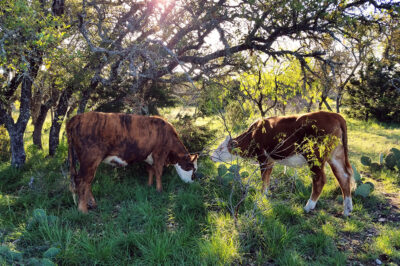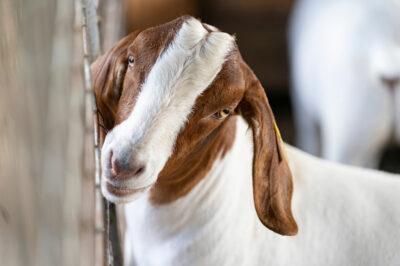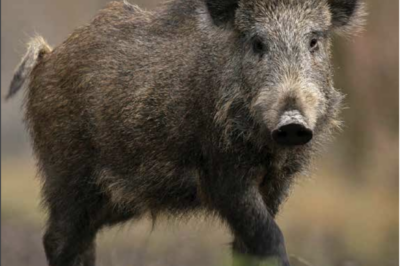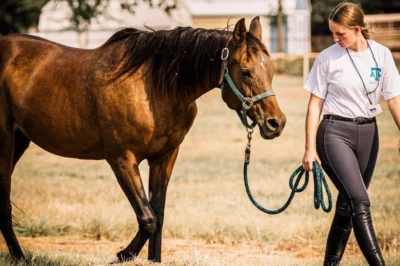Small Ruminant Syndromic Diagnostic Plans
- Type
- Service
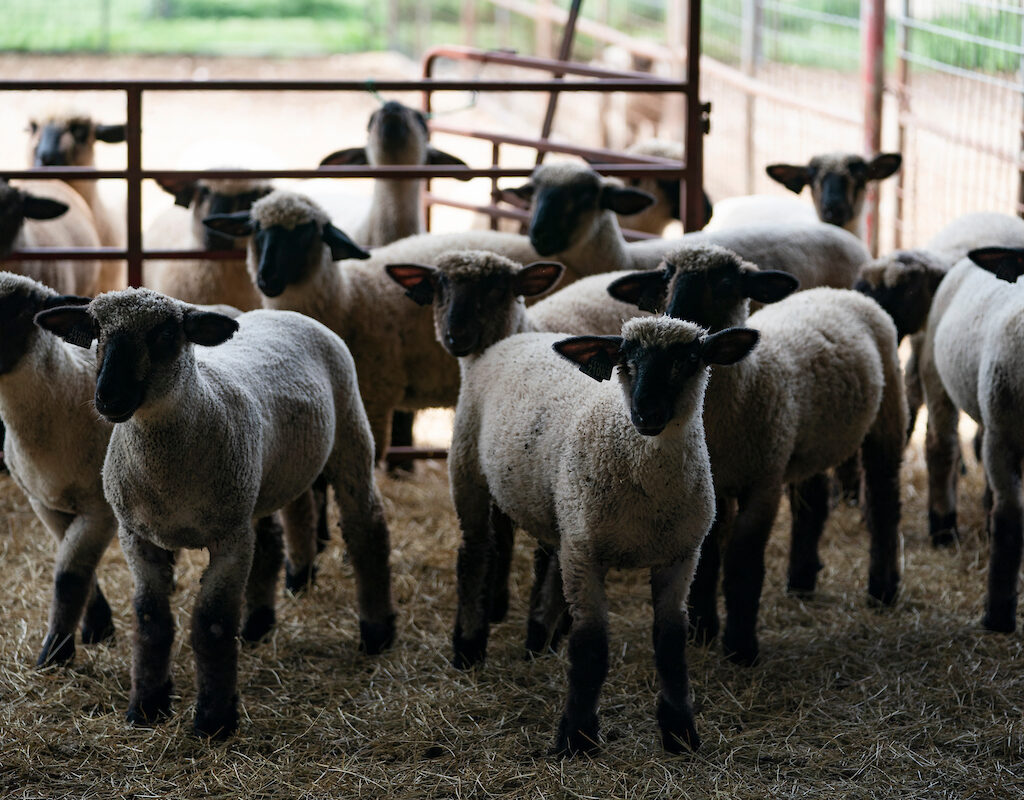
Overview
TVMDL has 11 syndrome specific diagnostic plans to assist clients in efficient diagnostic testing strategies based on clinical signs or gross necropsy findings.
Contact
Brandon Dominguez
Veterinary Diagnostician
The Texas A&M Veterinary Medical Diagnostic Laboratory, TVMDL, has compiled 11 syndrome specific diagnostic plans to assist sheep and goat clients in efficient diagnostic testing strategies based on clinical signs or gross necropsy findings. The client can select the tests within the diagnostic plans that fit with the diagnostic goals and pre-test clinical suspicion of each case.
Simply select the syndrome most appropriate for the case and then indicate which tests are desired on the submission form. Plans cover a range of common syndromes sheep and goat producers face including respiratory diseases, diarrhea, abortions, and neurologic conditions. TVMDL encourages clients to interested in using a diagnostic plan to schedule a consultation with a veterinary diagnostician for assistance in choosing a specific testing route.
About TVMDL
TVMDL tests thousands of specimens from clients across Texas, in neighboring states and around the world every business day, protecting the health of livestock, poultry, companion animals, exotic animals, racing animals and wildlife. Veterinarians, animal owners, animal industries and government agencies depend on TVMDL’s expertise for early detection and control of diseases. TVMDL also belongs to a nationwide network of laboratories that provide surge-testing, response and recovery capacity in the event of an animal disease outbreak. Over its history, TVMDL has played a critical role in recognizing and containing outbreaks of anthrax, avian influenza, chronic wasting disease, equine piroplasmosis and many other economically devastating animal diseases.
General Testing
For inquires about available tests, specimen types, test prices, or turnaround times, please refer to the <a href="https://tvmdl.tamu.edu/tests/">TVMDL test catalog</a>. Clients may search the catalog by a test’s name or test code. The test catalog may also be accessed via the TVMDL Mobile app.
Emergencies
TVMDL does not see or treat animals. If you have clinical requests or need immediate assistance with an animal emergency, please contact a veterinary clinic.
More choices in Livestock Health & Disease
- Publication
Esta publicacion explica como se transmiten las enfermedades y como los productores lecheros pueden establecer programas de prevencion con practicas adecuadas de bioseguridad. Las tablas enumeran las enfermedades comunes del ganado lechero y las formas en que se tratan. (8 paginas)
- Publication
This publication explains how diseases are transmitted and how dairy producers can establish prevention programs with proper biosecurity practices. Tables list common diseases of dairy cattle and ways they are treated. (7 pages)
- Lab
Established in 1987, the Grazingland Animal Nutrition Lab (GANLAB) offers diagnostic diet analyses and nutritional decision support information for use in the monitoring of grazing animals.

- Service
The Texas AgriLife Fecal Egg Counting, FEC, lab performs accurate roundworm egg counts, including Haemonchus Cortortus, for sheep and goat producers.

- Program
The Texas Wildlife Services Program provides statewide leadership in the science, education and practice of wildlife management to protect the state’s agricultural, industrial and natural resources, as well as the public’s health, safety and property.

- Project
Texas 4-H Homes for Horses connects 4-H youth with the opportunity to work towards solving the at-risk horse problem through education, outreach and adoption.


